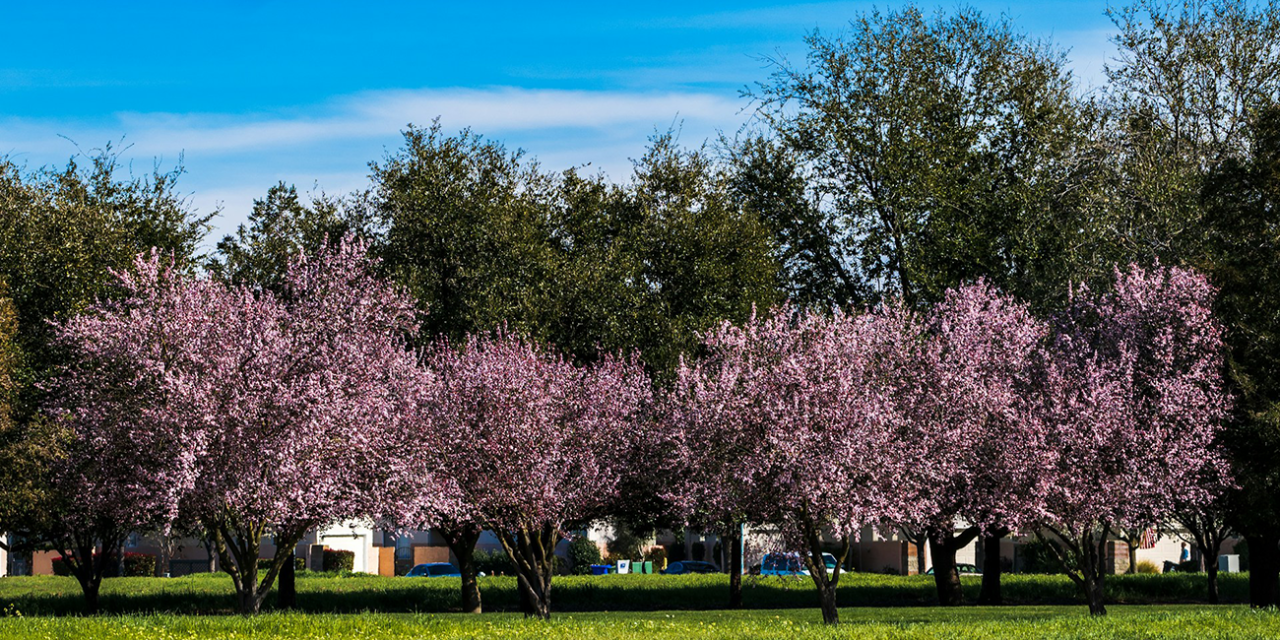Nestled in the fertile valley south of Sacramento, Elk Grove’s history showcases the enduring allure of California’s rich land and its dynamic evolution over the years.
Elk Grove has a fascinating story that begins with its indigenous roots and extends to its modern-day vibrancy, offering a unique blend of history, innovation, and community spirit.
Table of Contents
The Indigenous Era: Laying the Spiritual Foundation
Miwok and Maidu Tribes
Before European settlers arrived, the Miwok and Maidu Native American tribes inhabited all of the area that is now Elk Grove.
- These tribes had a deep connection with the land, practicing sustainable living and honoring nature through their traditions.
- The spiritual practices and community life of the Miwok and Maidu laid the groundwork for the rich cultural heritage of Elk Grove.
Impact of European Arrival
The mid-1800s brought significant changes as settlers were drawn to California by the Gold Rush and fertile agricultural land.
- The introduction of new cultures and economies disrupted the native ecosystems and practices.
- Despite these challenges, the indigenous influence remains a crucial part of Elk Grove’s identity, evident in its respect for nature and community values.
The Gold Rush and Early Settlement
Establishing a Stage Stop
Elk Grove’s history as a stage stop for gold miners began in the mid-1800s, providing rest and trade opportunities.
- This initial establishment fostered a burgeoning population, laying down the roots for a vibrant town.
- Essential services like general stores, a hotel, and one of the county’s first school districts were constructed, marking the transition from a stopover to a permanent settlement.
Agricultural Beginnings
As the Gold Rush waned, Elk Grove’s fertile land revealed its true wealth through agriculture.
- The introduction of dairy farms, vineyards, and orchards marked a prosperous new era, defining Elk Grove’s identity as an agricultural haven.
- Agriculture became the cornerstone of the community, supporting its growth and development.
The Twentieth Century: Growth and Transformation
Modernization and Connectivity
The 20th century brought significant changes to Elk Grove with the invention of the automobile and improved road infrastructure.
- These advancements linked the town more closely to Sacramento and beyond, shifting Elk Grove from a rural outpost to a suburban community.
- Post-World War II saw a population increase, with many drawn to Elk Grove’s spacious land and peaceful lifestyle.
Balancing Growth with Heritage
Elk Grove’s agricultural foundation endured even as the town evolved, with local farms adapting to new technologies and markets.
- The community managed to balance its rural heritage with growth, a characteristic that defined the coming decades.
- The latter half of the century saw commercial and industrial development, complementing its agrarian roots and setting the stage for incorporation.
A New Millennium: Elk Grove’s Incorporation and Expansion
Incorporation and Its Impact
Elk Grove’s incorporation in 2000 marked a milestone in its history, allowing the community to take charge of its destiny.
- This move was aimed at managing growth and preserving the quality of life for its residents.
- The city faced challenges in providing infrastructure, housing, and services to support its expanding population while maintaining its small-town charm.
Strategic Growth and Development
Elk Grove’s strategic location continued to attract businesses and families, emphasizing education, public safety, and community services.
- The development of new neighborhoods and commercial centers was balanced with the preservation of open spaces and parks.
- Despite rapid development, Elk Grove remained committed to its agricultural legacy and celebrated its diverse community through annual events.
Elk Grove Today: A City Poised for the Future
Present-Day Elk Grove
Today, Elk Grove proudly stands as a city that cherishes its past while looking forward to a bright future.
- The city is characterized by a strong community, a diverse population, and a robust economy that includes technology, education, and health services sectors.
- Elk Grove’s commitment to maintaining its identity while embracing modern advancements ensures its continued appeal.
Q&A: Delving Deeper into Elk Grove’s Rich Past and Present
Q: How did Elk Grove’s early days as a stage stop shape its development?
- The stage stop established Elk Grove as a community center in the 19th century, providing a foundation for the growth of trade and services.
Q: What role did agriculture play in Elk Grove’s history?
- Agriculture was the cornerstone of Elk Grove’s economy, supporting the community and contributing to the region’s prosperity with its fertile land yielding various crops and livestock.
Q: How did incorporation affect Elk Grove’s development?
- Incorporation allowed Elk Grove to self-govern and manage its rapid growth, ensuring that development aligned with the community’s values and needs.
Q: What makes Elk Grove an attractive city for residents and businesses today?
- Elk Grove’s appeal lies in its high-quality education system, business-friendly environment, diverse community, and balance between urban amenities and rural charm.
Q: How does Elk Grove maintain its small-town feel amid expansion?
- The city maintains its small-town atmosphere through community events, local parks, and a commitment to preserving its historical sites and open spaces.
Q: What challenges does Elk Grove face as it continues to grow?
- As Elk Grove expands, it faces challenges such as maintaining sustainable development, ensuring affordable housing, and preserving the city’s unique character.
Elk Grove’s Path Forward
Elk Grove has journeyed from a humble stage stop to a flourishing city, weaving a history rich with the spirit of community and innovation.
As it faces the future, the city continues to evolve, holding onto the lessons from its past. Elk Grove’s story is far from over; with each decision and development, it carves out its place in California’s vast narrative, always with an eye on creating a legacy that future generations will cherish and continue to build upon.
What new tales will the residents of Elk Grove write, and how will the city’s unfolding history shape its trajectory in the years to come?





